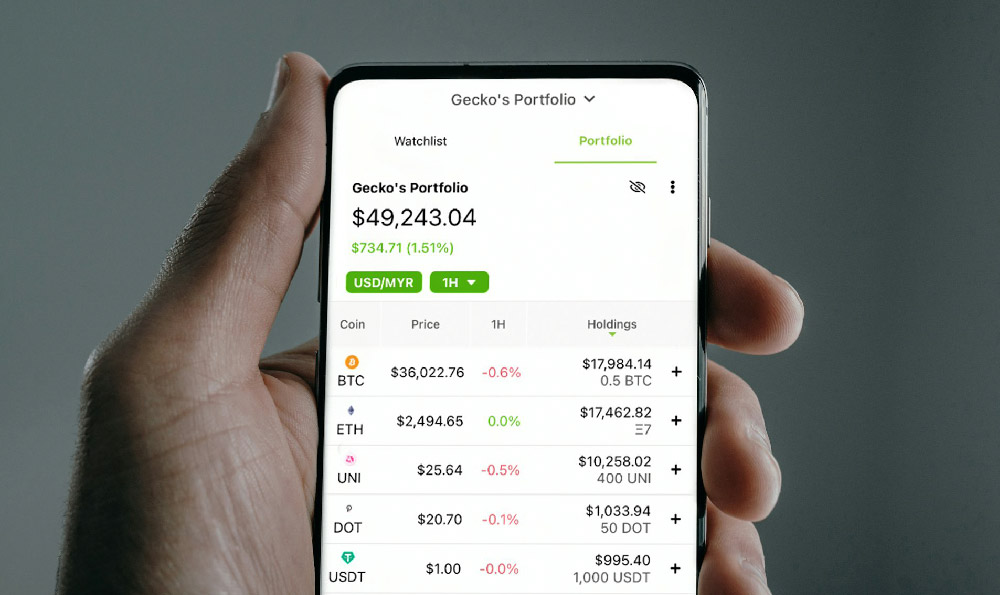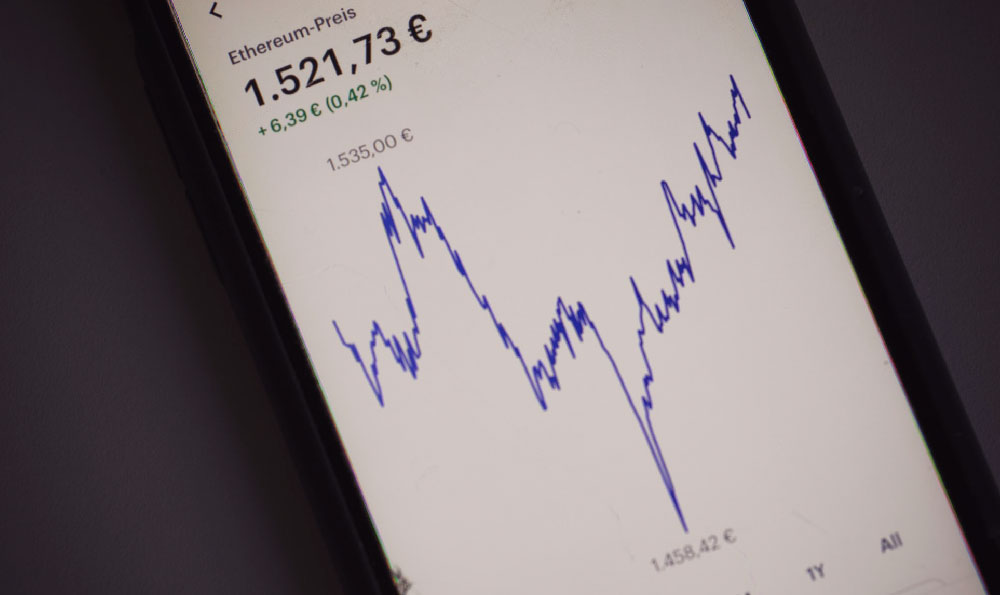How Much Do Songwriters Earn, and Is It Enough?
The financial landscape for songwriters in the modern music industry is a complex and often precarious one. Determining exactly how much a songwriter earns is not a simple task, as income streams are diverse and fluctuate significantly based on factors like talent, genre, popularity, and the specific deals they have in place. The question of whether their earnings are "enough" is even more subjective, hinging on individual needs, ambitions, and the sacrifices they are willing to make for their craft.
To understand the potential earnings of a songwriter, we must first break down the various revenue streams available to them. The primary source of income comes from royalties, which can be broadly categorized into two main types: mechanical royalties and performance royalties.
Mechanical royalties are generated each time a song is reproduced – whether that's a physical copy like a CD or vinyl, a digital download, or a stream on platforms like Spotify or Apple Music. These royalties are typically paid by the record label to the publisher (or directly to the songwriter if they self-publish). The statutory mechanical royalty rate is set by law and adjusted periodically. Currently, it’s a specific rate per song per copy sold or streamed. For streaming, the rate is complex and involves a formula based on total revenue, subscriber counts, and other factors. However, it's crucial to note that mechanical royalties from streaming are often significantly smaller than from physical or download sales, impacting the overall earnings potential.

Performance royalties, on the other hand, are generated when a song is performed publicly. This includes radio airplay, live concerts, television broadcasts, and even plays in restaurants and bars. These royalties are collected by performing rights organizations (PROs) like ASCAP, BMI, and SESAC in the United States (and similar organizations in other countries). PROs then distribute these royalties to songwriters and publishers based on a complex system of tracking performances and assigning value based on factors such as the venue size, the time of day the song was played, and the station's or venue's reach. Performance royalties are a crucial source of income, particularly for songwriters whose songs receive significant airplay or are performed frequently live.
Beyond mechanical and performance royalties, songwriters can also earn income from sync licensing. This involves licensing a song for use in visual media such as films, television shows, commercials, and video games. Sync licenses can be extremely lucrative, with fees ranging from a few hundred dollars for a small independent film to tens of thousands (or even hundreds of thousands) for a major blockbuster or popular television show. Landing a sync license can provide a significant boost to a songwriter's income and exposure.
Print royalties, while less significant in the digital age, still contribute to a songwriter's earnings. These royalties are generated from the sale of sheet music, songbooks, and other printed versions of a song.
So, given these diverse income streams, how much do songwriters actually earn? The answer is highly variable. An emerging songwriter, just starting out and building their catalog, may earn very little initially – perhaps only a few hundred or a few thousand dollars per year. They might need to supplement their income with other jobs to make ends meet. A mid-level songwriter, who has a few successful songs under their belt and a steady stream of placements, might earn tens of thousands of dollars per year. A top-tier songwriter, who has written multiple hit songs and is in high demand, can earn hundreds of thousands or even millions of dollars per year.
However, it's important to note that these are just estimates. The music industry is notoriously unpredictable, and a songwriter's income can fluctuate wildly from year to year depending on the success of their songs and the deals they have in place. Moreover, many songwriters work with publishers, who typically take a significant percentage of the royalties generated by their songs (often 50%). While a publisher can provide valuable support in terms of promotion, licensing, and administration, it also means that the songwriter receives a smaller share of the overall revenue.
Furthermore, the rise of streaming has significantly impacted the earnings of songwriters. While streaming has made music more accessible than ever before, the royalty rates paid by streaming services are relatively low, particularly when compared to the revenue generated from physical sales or downloads. This has led to concerns among songwriters that they are not being fairly compensated for their work, and that the current system is unsustainable. Many songwriters are advocating for higher royalty rates from streaming services and for greater transparency in the way royalties are calculated and distributed.
The question of whether a songwriter's earnings are "enough" is a personal one. For some, the financial rewards are secondary to the creative fulfillment of writing songs and seeing them brought to life. They may be willing to accept a lower income in exchange for the opportunity to pursue their passion. For others, financial stability is a crucial factor, and they may need to prioritize earning a sufficient income to support themselves and their families. The definition of "enough" also depends on individual circumstances, such as the cost of living in their area, their lifestyle choices, and their financial obligations.
Ultimately, achieving financial success as a songwriter requires a combination of talent, hard work, business acumen, and a bit of luck. Songwriters need to constantly hone their craft, network with industry professionals, and negotiate favorable deals. They also need to be proactive in protecting their intellectual property and ensuring that they are receiving all the royalties they are entitled to. Staying informed about industry trends and advocating for fair compensation are also crucial for ensuring the long-term sustainability of the songwriting profession. It's a challenging path, but for those who are passionate about music and dedicated to their craft, the rewards – both creative and financial – can be significant.















